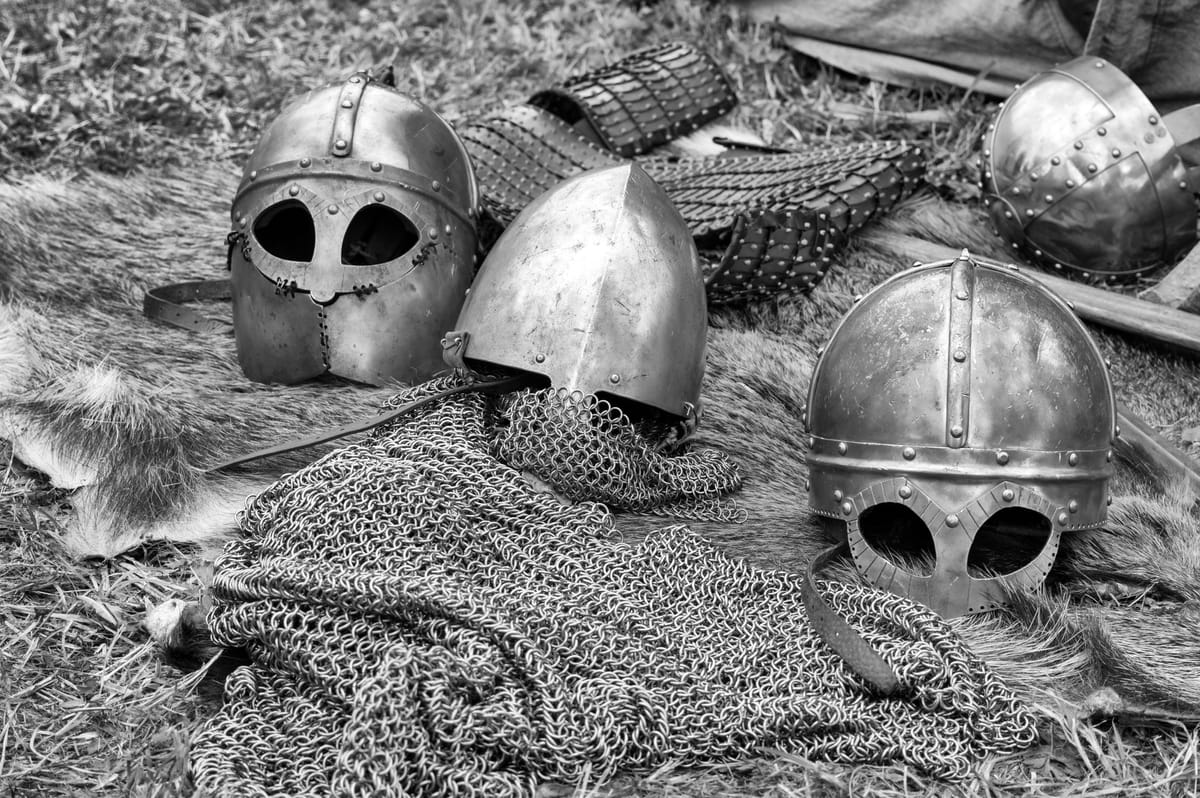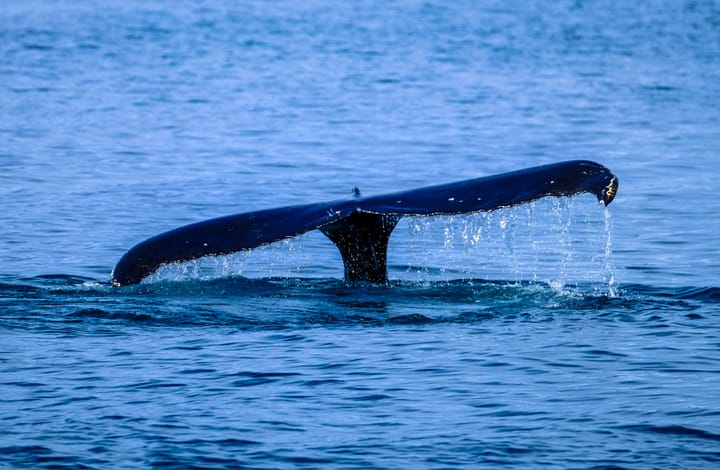America: the Farewell Tour - Chris Hedges, Simon & Schuster (2018) & The Changing World Order - Ray Dalio, Simon & Schuster (2021)

These books examine a similar theme. The end of empire. Though ruling civilisations – the Dutch, French, British, etc. – collapse in unique ways, they exhibit similar patterns of breakdown which characterize the USA today.
Hedges begins his book by describing the outsized role of America’s military. The US, he contends, is increasingly engaged in “micro-militarism” – ill-considered displays of power to try and recoup lost prestige.
Admittedly, the military is one America’s few remaining large-scale industrial employers. However, it comes at a cost. Other forms public expenditure have been drained by geo-strategic blunders abroad (most recently Afghanistan, Iraq, Syria, Libya, Ukraine and Israel-Palestine).
Upwards of half of all federal dollars are now spent on the military-industrial complex. Washington’s “real expenditure on the military, when tucked-away items in the budget are counted,” amounts to over $1 trillion a year, according to Hedges.
In turn, vast swathes of state spending (on things like education and healthcare) have been cut or sold to private companies for profit. The result, fuelled by “unrestrained corporate capitalism”, has been greater inequality.
For the growing numbers of ‘have-nots’ (who feel betrayed by the American dream), “appeals to fantasy” have become socially normalised. Casinos, for instance, make $37 billion in profits a year, more than the movie and music industries combined.
As with powerful drugs, gamblers want to escape the pain of reality. For Hedges, a similar sense of hopelessness manifests as an array of “social pathologies” – the opioid crisis, obesity, credit card debt, and the mass consumption of pornography (to name a few).
The disparity between “what people watch on TV and the world they inhabit” also foments anxiety and anger, stoking social polarisation. According to Hedges, similar strains undermined historical empires.
According to Ray Dalio, a billionaire hedge fund manager, “all empires… experience a classic Big Cycle with clear markers.” Not unlike Hedges, he argues that global empires follow predictable 150-year cycles, with distinct and progressive phases.
To spare readers some detail (the book is 556 pages long), Dalio estimates that America is moving from stage four to stage five; or a “period of excess” to “bad financial conditions”. For context, stage six is typically civil war.
Briefly, stage four is characterized by the start of an empire’s decline – large and growing wealth gaps, as well as elevated (and rising) levels of public and private debt. Stage five turbocharges self-reinforcing opportunity gaps and leads to increasing political divisions.
On this point, Hedges provides some colour. In crumbling empires, he illustrates how complexity and nuance are replaced with magical thinking and threats of violence. Donald Trump, he contends, embodies Dalio's stage five.
Alongside archetypal changes at home (“the internal cycle”), Dalio also describes “external Big Cycles”. The upshot is that empires replace one another. And on current trends, America’s economy will be overtaken by China’s by the middle of the century.
This geopolitical shift can be observed in two ways. First, as outlined by Hedges, America is spending more on its military. This follows naturally from a period of dominance – as empires trade more, they protect their foreign interests by building up their militaries.
But, as military spending hoovers up funding from other forms of public welfare, “the biggest military risk for leading powers is that they lose the economic-technology war.” While Hedges views this development as a social loss, Dalio sees it more as an economic casualty.
The second key marker in a changing world order is the loss of a leading ‘reserve currency’. These are currencies held in significant quantities by the world’s central banks in big underground vaults (today they're held electronically). There are numerous reserve currencies and one dominant one.
Reserve currencies confer the ‘exorbitant privilege’ of borrowing more money than governments could otherwise afford. But as empires become increasingly reliant on debt for day-to-day pending, its value shrinks and creditors lend them less money.
Eventually, this leads a self-reinforcing currency run that can’t be stopped because the fiscal and balance of payments deficits are too great for any cutbacks to close. In effect, this marks the end of a Big Cycle. Here, the empire can no longer sustain itself and dies.
According to Dalio, “my model suggests that the US is roughly 70% through its Big Cycle, plus or minus 10%.” In his estimation, China’s renminbi will become the world’s leading reserve currency by 2050, or thereabouts, teeing up the next Big Cycle.
Dalio’s book describes how periods of excess – where financial claims on an empire’s wealth outstrip its economy’s productive capacity – give way to periods of crisis. These historical waves build and break in unique forms, but follow the same basic pattern.
Dalio’s writing can be rigid and trite. He doesn’t possess Hedges’ observational ability and narrative nuance. But both authors present similarly worrisome analyses. The changing world order could become violent, both in the US and internationally. And it may not be far off.


